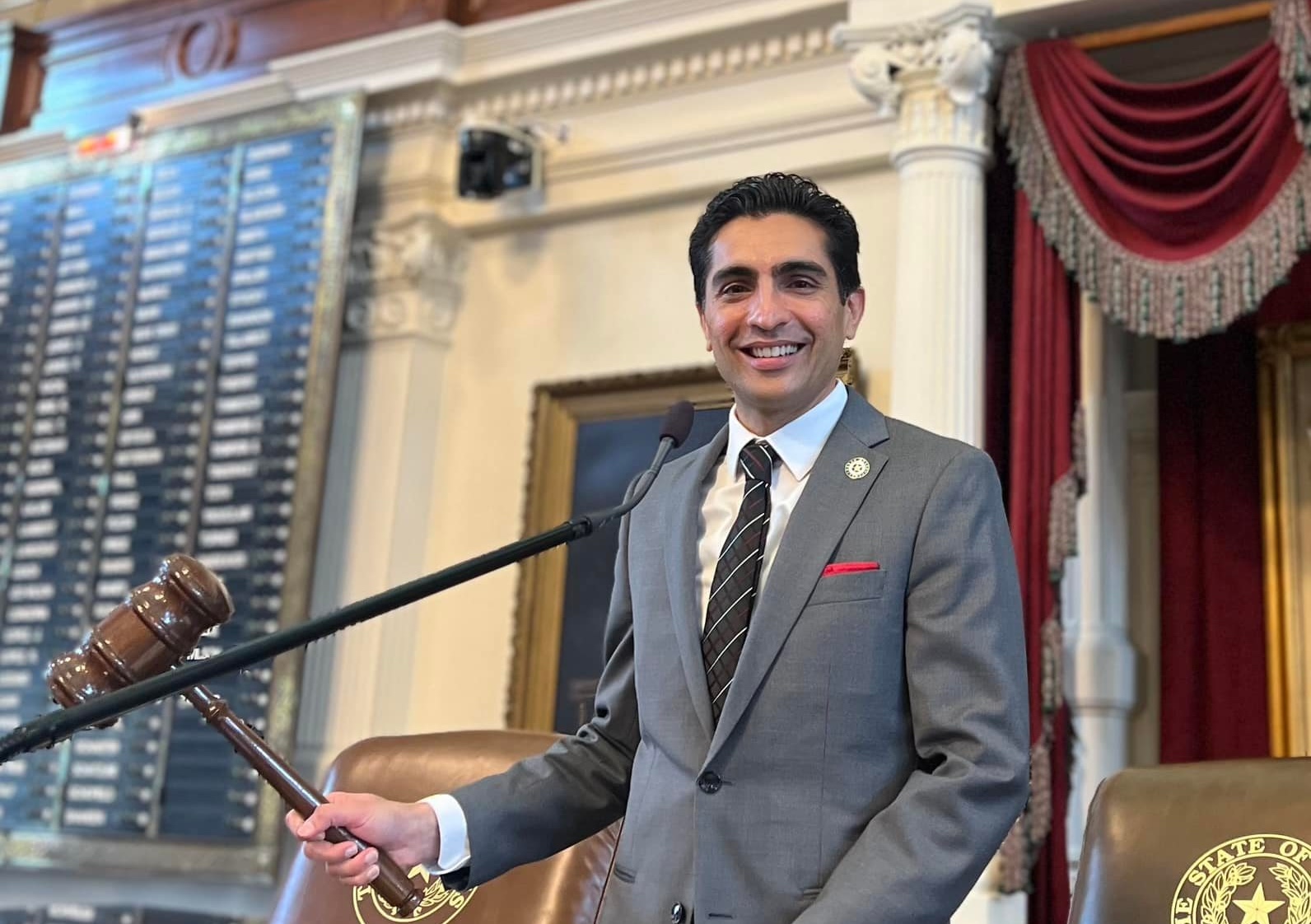Conservatives looking for a decentralization of the House Speaker’s power are likely feeling empty-handed by today’s rules changes. The few positive changes were overshadowed by what some are describing as a defeat for conservatives seeking to decentralize power from the speaker’s dais.
Arguably the most significant change to the House Rules came via an amendment offered by Rep. Phil King (R–Weatherford), which some argued put significantly more power in the hands of the speaker.
The text of the amendment reads:
“A point of order raised as to a violation of a section of the rules governing committee reports, committee minutes, or accompanying documentation may be overruled if the purpose of that section of the rules has been substantially fulfilled and the violation does not deceive or mislead.”
In other words, as long as the rules are “substantially fulfilled,” a point of order can be overruled, leaving the term “substantial” up to the interpretation of the speaker.
While this amendment attempted to address the admittedly frustrating tactics of using technical or clerical errors to kill bills at the last minute via parliamentary procedure, some agreed on the floor that it now leaves members vulnerable to a far more subjective ruling from the person holding the gavel.
Mr. King’s amendment is not new to the Texas House. It was in place during the tenure of the last Democratic speaker, Pete Laney, but was removed when Republicans took control of the House in 2003.
Meanwhile, several amendments proposed to de-centralize power from the dais failed by considerable margins.
An Amendment by Rep. Trey Martinez Fischer (D–San Antonio) proposed instituting more seniority into the committee selection process – again taking power of the hands of the speaker. That amendment failed by an unofficial vote of 105 – 42.
Amendments by Reps. Van Taylor (R–Plano) and Bill Zedler (R–Arlington) attempted to institute a minimum threshold of co-authors to a bill in order for that bill to be automatically considered by the Calendars Committee and scheduled for a vote on the house floor. Those amendments failed unofficially by a vote of 131-12 and 137-11 respectively.
Rep. Taylor was successful in getting what he called a “truth-in-advertising” amendment adopted. Any bill that would impose, authorize, increase, or change the rate of a tax, assessment, surcharge, or fee will now be required to state that in the bill caption. The amendment passed 147-0.
Other notable amendments that failed to be adopted:
- Amendment by Rep. David Simpson (R–Longview) – Requiring the House Journal to reflect the true time the House convenes, adjourns, recesses, etc.—effectively eliminating the House’s ability to “stop time” in order to satisfy certain constitutional provisions. (Failed 25-118 unofficially)
- Amendment by Rep. Jonathan Stickland (R–Hurst) – Requiring all house bills to cite the provision of the Texas Constitution that specifically authorizes the bill’s purpose. (No record vote.)
- Amendment by Rep. David Simpson – Attempting to shine light on the conference committee process, whereby meetings designed to rectify differences between related House and Senate bills are NOT subject to the same public scrutiny as regular committee or floor proceedings. (No record vote.)





